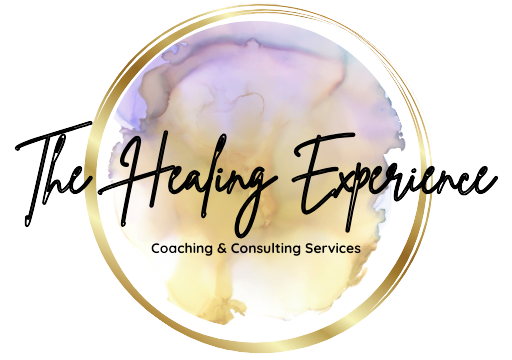
As a therapist, I’ve seen firsthand how burnout can impact individuals from all walks of life. People often fear burnout, viewing it as a dreaded horror that’s almost too terrifying to face. Social society has painted it as a calamity that signals the end of the world. But I’m here to tell you that as sure as you are human, you will experience burnout at some point in your life. I’m sorry to tell you this, but it’s the truth. And guess what? It won’t be the end of the world. Burnout happens to all of us, even to me, the licensed therapist you might have thought was immune to it. Yes, even therapists can face burnout—bet you didn’t see that one coming!
Understanding Burnout
Burnout isn’t a sudden crisis; it’s a gradual accumulation of stress and exhaustion. It manifests as emotional fatigue, cynicism, and a feeling of reduced accomplishment (Maslach & Jackson, 1981). Recognizing that burnout is a natural response to prolonged stress is the first step in managing it effectively (Kabat-Zinn, 1990).
What to Do When Burnout Happens
When burnout inevitably strikes, your response will determine your recovery and long-term well-being. Here’s how you can approach it:
Acknowledge Your Experience: Embrace the Moment! So many times, we suppress our feelings until we can’t suppress them anymore! When burnout happens, breathe, breathe, breathe! Stay in the moment! Cry if need be—but whatever you do, do not suppress your feelings. The first step is to accept that burnout is happening. Denial or avoidance will only prolong the process. Recognize the symptoms—whether it’s persistent fatigue, irritability, or a sense of detachment—and give yourself permission to feel what you’re feeling.
Reflect on Your Triggers: Dive Deep and Discover! Take a moment to truly understand what led you to this point. Was it an overwhelming workload, lack of support, or unmet personal needs? Digging into these triggers is like being a detective for your own well-being. You need to uncover what’s been causing the stress so you can tackle it head-on and prevent it from sneaking up on you again. This insight will be your compass in navigating future challenges!
Set Boundaries: Create Your Safe Space! Setting boundaries is like building a protective shield around your mental health. It might mean saying no to extra tasks, delegating responsibilities, or carving out precious time just for yourself. Boundaries aren’t just about limits; they’re about preserving your sanity and well-being. So, make it a priority to establish these limits and stick to them. Your future self will thank you!
Seek Support: Reach Out and Reconnect! Don’t go through this alone. Sometimes the best way to handle burnout is by leaning on others. This could mean seeking therapy, joining support groups, or simply talking with trusted friends and colleagues. And if you need a hug, go find one! You’d be surprised at how comforting a simple embrace can be. People are here for you—seek out that support, whether it’s a listening ear or a warm hug. Remember, asking for help isn’t a sign of weakness; it’s a powerful step towards healing.
Implement Practical Changes: Make Adjustments for a Better You! It’s time to make some real changes that can ease your stress. Look at your routine and environment—what can you tweak to make things better? This could be better time management strategies, improving your work-life balance, or creating a more supportive work environment. Small, practical changes can have a big impact on reducing stress and helping you bounce back from burnout.
Moving Forward
Burnout is a reminder that you’re human, with limits and needs. By acknowledging its inevitability and preparing to address it when it arises, you can navigate burnout more effectively. Remember, it’s not about avoiding burnout entirely but about how you respond and recover when it happens.
As a therapist, my role is to support you in this journey—helping you to recognize burnout early, manage it effectively, and build strategies to prevent it in the future. Burnout might be inevitable, but how you handle it defines your path to recovery and resilience.
Until next time, stay well and take care,
Zelina Chinwoh, MSW, LCSW
For more related content like this, be sure to listen to “The Dear Unapologetically Me” podcast on Apple or Spotify. Also, check out The Healing Experience Now Website with all exclusive content and our YouTube page at The Healing Experience Now.
Disclaimer: This article is intended for educational purposes only. The information provided is not a substitute for professional advice, diagnosis, or treatment. Always seek the guidance of a qualified healthcare provider or mental health professional with any questions you may have regarding your mental health or well-being.



